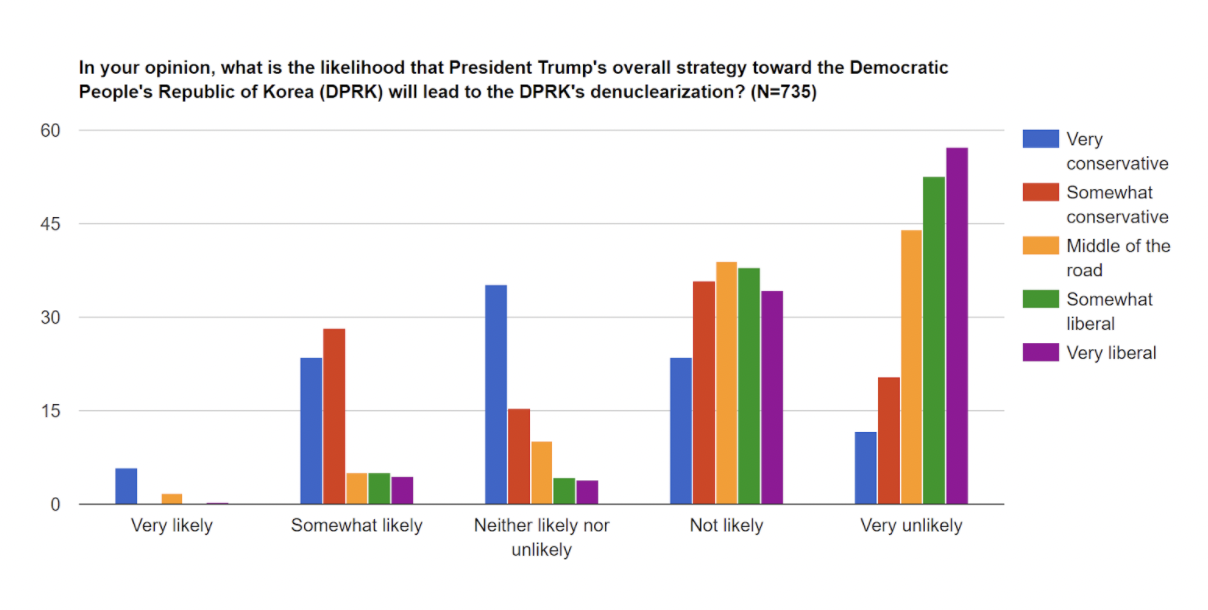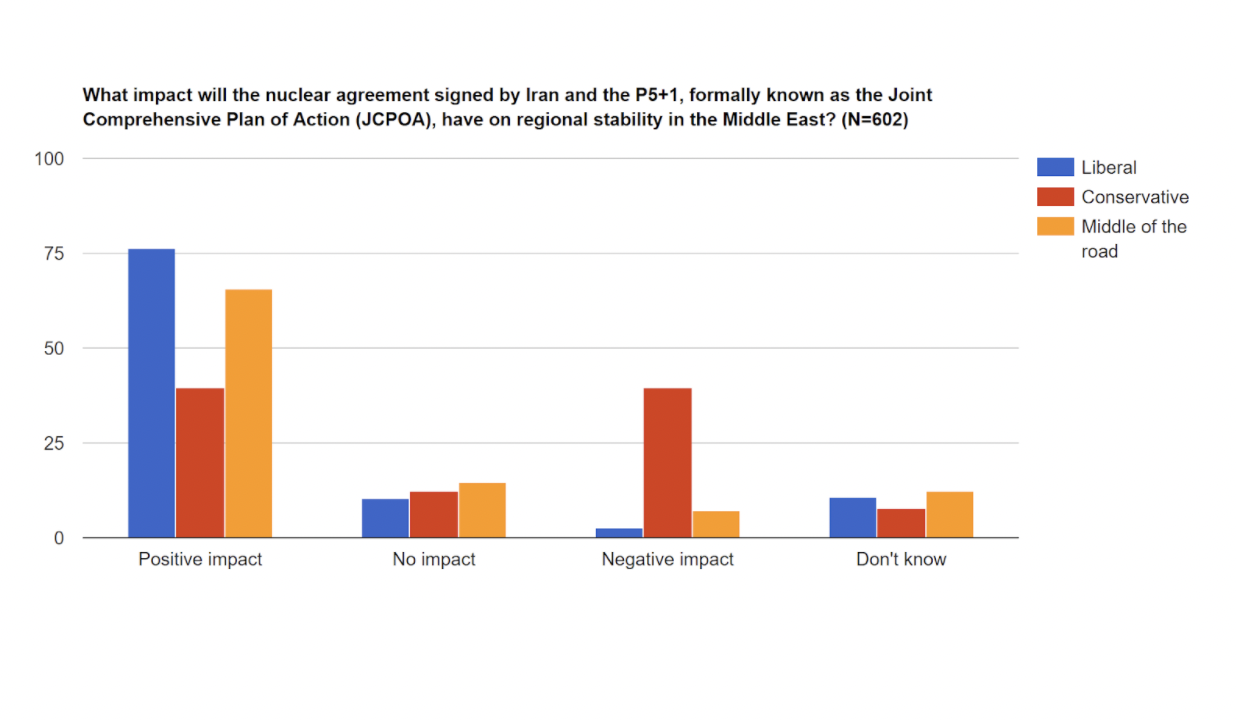These past 10 weeks have really flown by here at TRIP. We’ve accomplished quite a lot and had a lot of fun as well. On this week’s post, we’re taking a stroll down memory lane to relive the highs and lows of this summer.
We started out this summer by welcoming new team members to the TRIP family. Lucas, Patrick, Peter, & Vera were welcome additions and it was so great to have fresh eyes on data and new ideas contributing to this blog and other TRIP publications.
Next came team bonding in the form of Brickhouse Trivia every Wednesday night. The team’s name changed week to week, rotating through various TRIP research related names, including “Bring Back the Gold Standard”, “TRIP Trivia Trivago” and even the infamous Lawfare series, Water Wars. In week 8, the team won 1st place and $30. Bragging rights AND cash? A win-win for TRIP.
 The TRIP trivia team after their big win
The TRIP trivia team after their big win
Next, we started up the TRIP Blog for the summer. We were very ambitious at first, claiming that we were going to publish new content twice a week. But, alas, we were not successful in following through on this goal. We still ended up producing new content each week, ranging from pop culture references to an in depth of analysis of the “new Cold War.”
After we established that 2x a week was too much content to ask of our team (who were also coding 9000+ Op-Eds & Blog Posts), Peter Leonard came up with the brilliant TRIP Vlog. Thanks to the Reeder Media Center, Peter was able to interview that week’s RA author and produce vlogs that helped to explain what motivated us to write on our chosen topic and explain our hot takes.
About halfway through the summer, we had to say goodbye (but not really) to our Senior Project Manager, Eric. While he still oversees all of our work and is only a conference call meeting away, we had to cope with the loss of his presence and his always thought provoking “Hey, how’s it going?” when you come into the office each morning.
On July 10th, the Global Research Institute (GRI) hosted its annual D.C. Day. GRI Interns were invited to travel up to D.C. and meet with William & Mary Alumni who work all across the city.
Patrick Zheng found the day to be great for discovering career opportunities and networking:
[D.C. Day] was a great opportunity for the students to build up connections with W&M Alumni and develop insights into the field. I visited the World Bank in the morning and met with alumni who work there. They shared their own experiences working in the World Bank and how they transitioned from college to the field They also talked about the work they did at the GRI and how it helped them become competitive candidates for their positions. I also learned about how the World Bank works and what types of employees it is seeking. Later in the afternoon, we met with former FBI director and current W&M professor James Comey in the W&M D.C. campus. Instead of specific working advice, Comey shared his stories about his college life and the qualities he developed when studying in W&M that later helped to guide him through many hardships in his life. We also had an opportunity later at night to chat with other alumni during a reception. Instead of directly building up connections with people in the field, the D.C. Day allowed me to learn about the diversity of working opportunities in D.C. and how I can apply the skills I developed working as a TRIP RA in my future career.
Lucas Arnett told us that the life advice he got from alums is what really stuck with him from that day:
Until D.C. Day, I had never experienced the real Washington...From the second you step off the metro, it’s obvious who’s who in Washington. Unfazed city veterans skim through their pre-selected sections of the newspaper in no particular rush to get to work. On the escalator first day interns anxiously watch the clock as self-important officials push decisively past them. But it’s not until you have the opportunity to hear from top officials at places like USAID, the World Bank, and the State Department, that you realize everybody in this city wants the best for its people and are more than happy to share their career insights, no matter the age and experience difference, because everybody started somewhere. “Don’t be afraid to follow your own path,” one alumna told me in conversation. “Sometimes that means changing clothes, countries, or careers, but that’s okay. The path to an outstanding career and a meaningful life is far from linear.” In our capital there are multiple ways of getting to the same destination: walking, scooting, taking the metro, and while some may take longer and are less entertaining, nobody’s going to judge you for choosing the path you think is right for you. And, if you do start to get lost, strangers in D.C. are always ready to point you in the right direction.
 RA Lucas Arnett snaps a selfie with alum and current W&M Professor James Comey during D.C. Day
RA Lucas Arnett snaps a selfie with alum and current W&M Professor James Comey during D.C. Day
While all of these exciting things were happening, behind the scenes all of the RAs were working on our capstone project for the summer, our Op-ed/Blog Post Coding. We spent all summer debating “Is Brexit an IPE issue or a Security issue?” and “Is the ICC even relevant?” but ultimately, we coded approximately 5000 Op-Eds and Blog Posts over the course of 10 weeks and we are all stoked to be on track to finish coding and arbitrating by this coming October.
It’s been fun, it’s been real. The TRIP blog is going on hiatus until the semester starts up again. Until then, we’ll be bridging the gap poolside.












